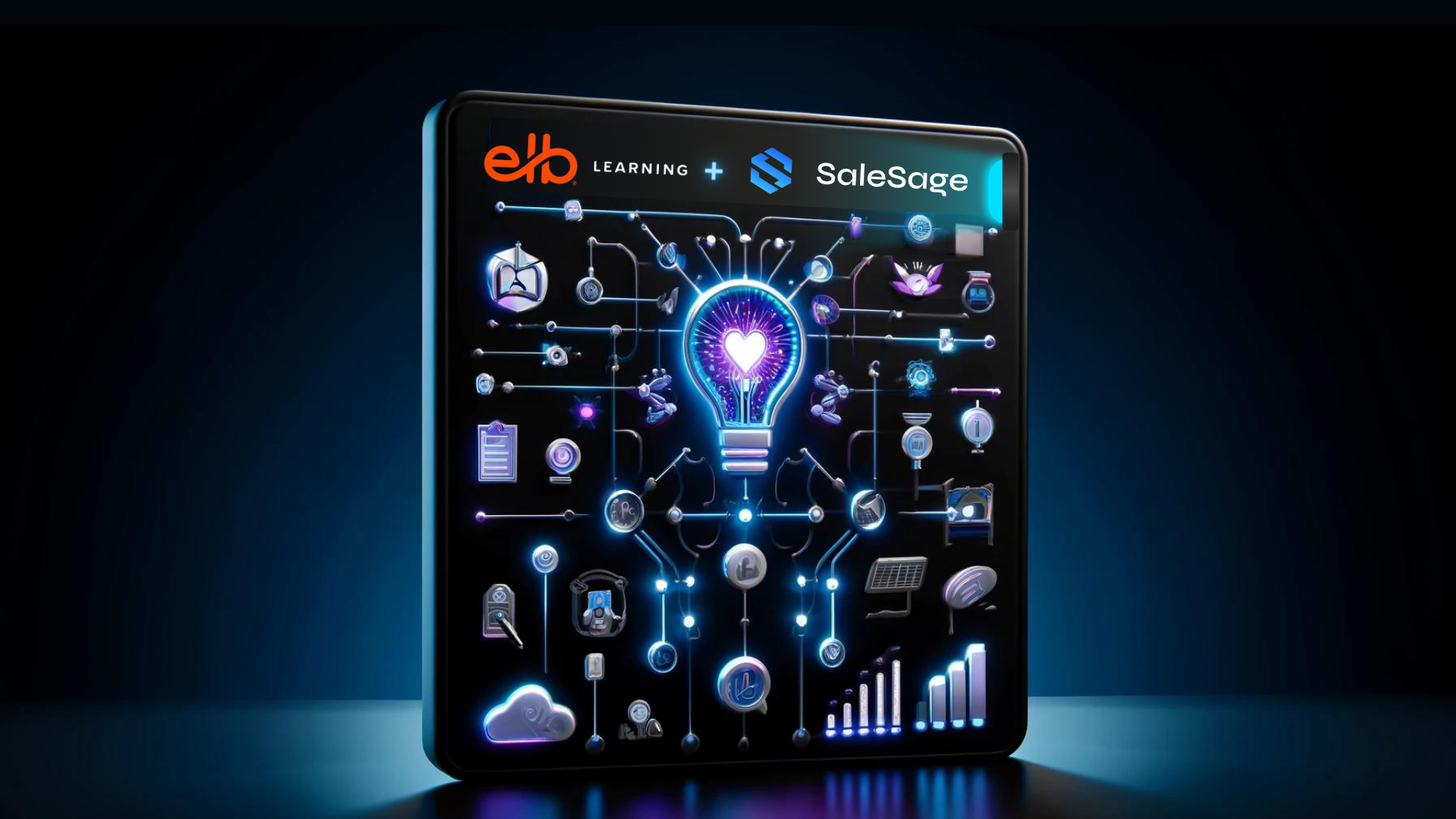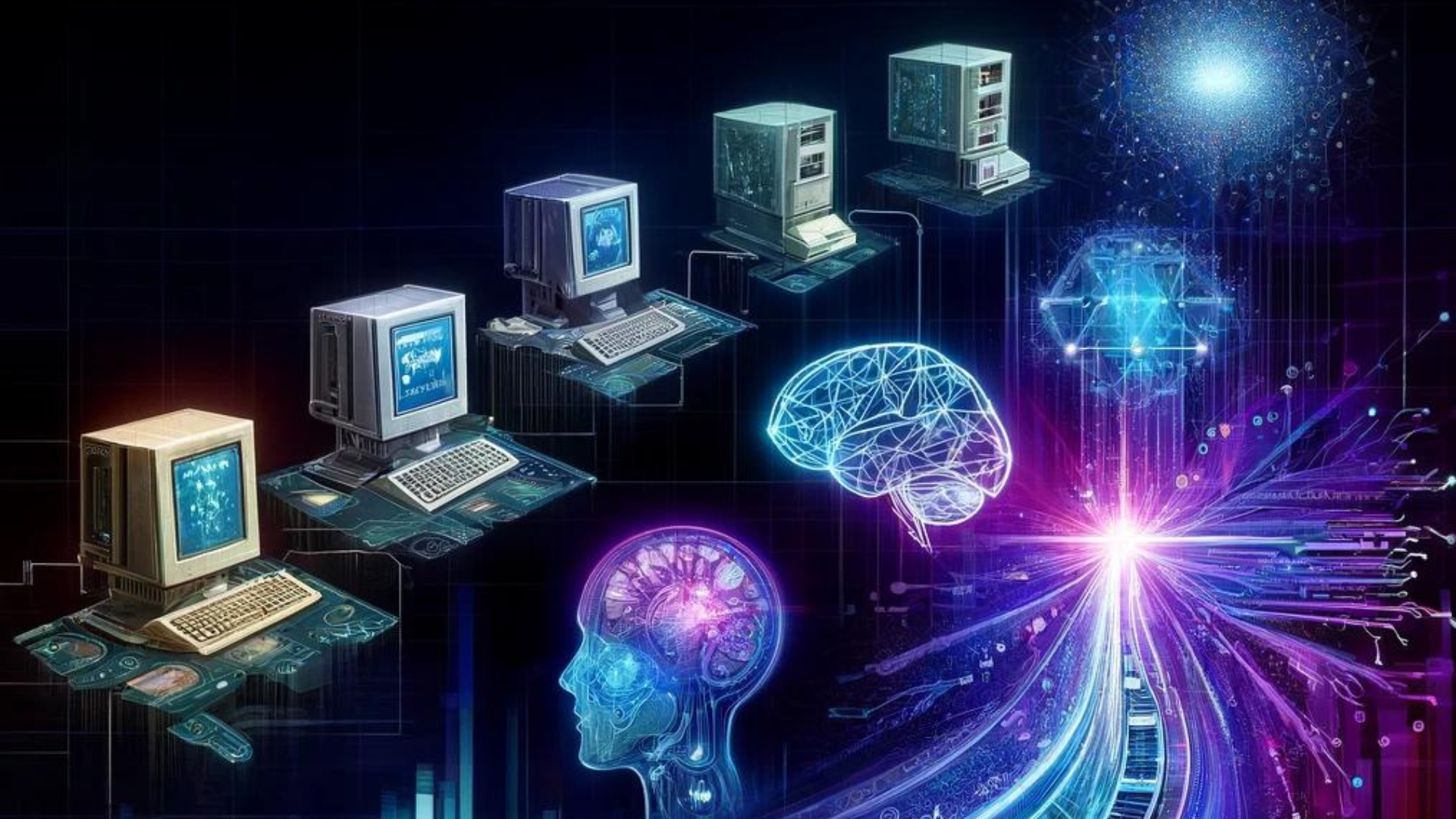Imagine sifting through a gigantic pile of puzzle pieces, each piece representing a piece of information. Without an efficient system, finding the right piece would be near impossible. In the realm of digital technology and artificial intelligence, Vector Databases play a crucial role in organizing and retrieving these ‘puzzle pieces’. Especially for models like Large Language Models (LLMs), such as ChatGPT.
What is a Vector Database (VectorDB)?
In the simplest terms, a VectorDB is a specialized type of database that’s optimized for handling vectors. A vector, in computer science, is a series of numbers that represent a point in space. The more dimensions this space has, the more numbers in the vector.
Traditional databases are great for dealing with structured, tabular data. Imagine a neat Excel spreadsheet. Vector databases, on the other hand, are designed to handle complex, multi-dimensional data, like those vectors.
Why is it Important for LLMs?
- Efficient Searching: Consider the vast amount of data that an LLM has to sift through. Traditional databases would struggle with this as they're not optimized for multi-dimensional data. VectorDBs make it efficient for LLMs to sift through this multi-dimensional space and find the most relevant data points (or vectors) quickly.
- Semantic Understanding: LLMs, like ChatGPT, understand language in a different way. Instead of seeing words as mere characters, they see them as vectors in a high-dimensional space. This allows them to understand the semantic meaning of words. In essence, words with similar meanings are closer in this vector space. VectorDBs allow LLMs to work efficiently with this kind of data representation.
- Scalability: As language models grow and need to understand more complex queries or larger datasets, the efficiency of their underlying storage and retrieval systems becomes crucial. VectorDBs offer scalability advantages, ensuring that as the dataset grows, the system can still find relevant vectors in reasonable time.
- Versatility: Vector databases aren't just for language models. They're also used in various other fields that require handling complex data, like image recognition, voice processing, and many other machine learning tasks. This means that the technologies and techniques developed for VectorDBs can benefit a wide range of applications.
Conclusion
Vector Databases might sound like a niche or complex topic, but in the fast-evolving world of artificial intelligence and machine learning, they’re foundational. They offer the necessary support for tools like LLMs, allowing them to understand, process, and generate human-like text efficiently and effectively.
So, the next time you’re amazed by how an AI model understands your query or produces a coherent response, remember that behind the scenes, technologies like VectorDBs are playing a pivotal role!
Learn more about VectorDB’s, use cases, and popular VectorDB’s for AI >>






